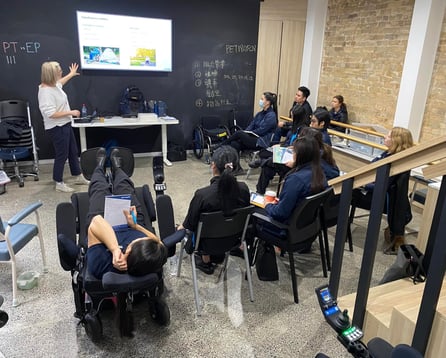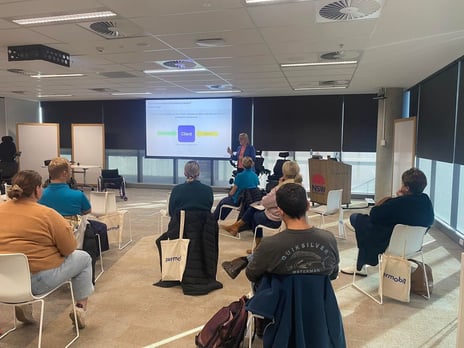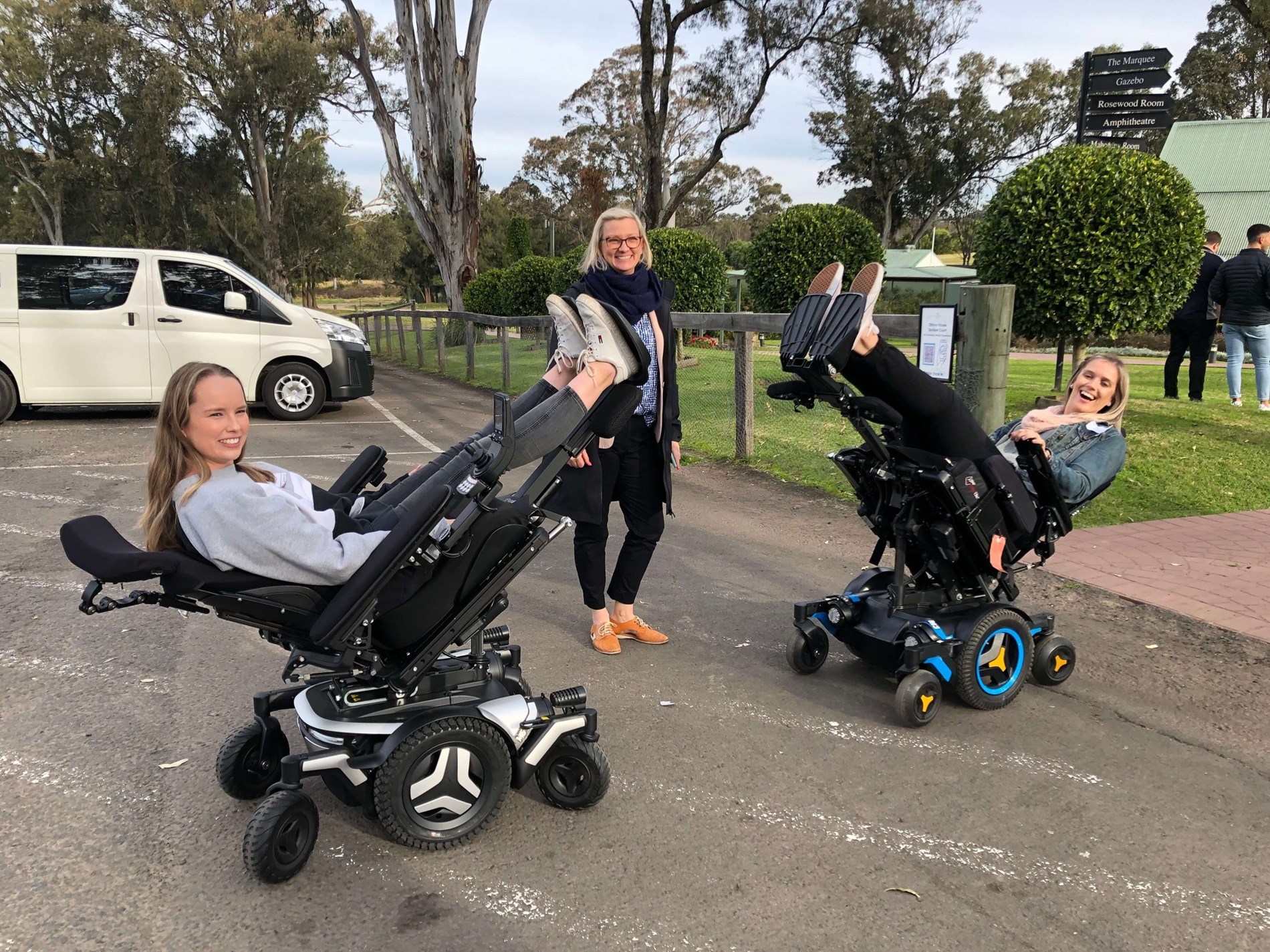Supervision. I think this word either excites clinicians or makes them want to run for the hills. In Australia particularly – and over the ditch too, supervision or rather the lack there of is being discussed in many forums and during our training sessions. I do not want to paint everyone and every organization with the same brush, as I know that there are groups and individuals pushing for great and regular supervision – but it appears that clinicians are falling at one end of the spectrum or the other. I have always been a therapist who has actively pursued clinical supervision and sort out other formal and informal ways in which I can participate. When I hear that therapists are not having regular supervision, don’t enjoy it, are scared about attending or feel they don’t have enough to fill a session – it crushes me. I want every therapist to feel the same way that I do about supervision as supervision is vital to our own personal and professional development and ultimately helps to ensure that we are providing the highest level of intervention to our users as we are able to.
I did a little digging whilst looking into clinical supervision as I personally feel that one of the biggest barriers to clinicians not engaging with supervision on a regular basis is the constant pressure to achieve billable hours and other KPIs that they may be juggling on a day-to-day basis. I found an interesting article by D Snowdon et al published in 2020 – Effective clinical supervision of allied health professionals: a mixed methods study. Snowdon reports that “Clinical supervision is recommended for all allied health professionals for the purpose of supporting them in their professional role, continued professional development and ensuring patient safety and high quality of care. … it involves an experienced allied health professional guiding the practice and development of a less experienced professional. … it also aims to bridge the gap in professional experience between the supervisee and supervisor, ensuring patient care and supervisee well-being is not affected by inexperience.” Ultimately – supervision ensures the wellbeing and development of the therapists and outcomes for patient care. This one sentence alone should be enough for supervision to be a reoccurring event for every clinician on a regular basis. This session needs to be considered a non-negotiable and one that is not moved or missed to accommodate other day to day tasks and appointments.

If GOOD supervision is key to these outcomes (client care and outcomes, therapists’ development, and wellbeing), I would encourage each and every therapist to ensure that you are participating in supervision to a high level. Good supervision means that you are providing the highest level of intervention that you can. Good supervision means that you are working within your scope of abilities, but also means that you are being pushed to grow and develop as a therapist with appropriate support. The client and you and your needs come first. Not KPIs and billable hours. If you are working within your scope, feel supported and enjoy what you do – the KPIs and other requirements will happen naturally.
The Proctor’s model of supervision is a key model to implement within your practice. Good supervision should include elements from all three domains. Snowdon (2020) summarises these three domains as follows:
- Formative domain: the development of skills specifically related to the health professional role.
- Restorative domain: supporting the professional through the emotional burden of the role. – aka helping to minimize the risk of burnout
- Normative domain: supports the professional with the compliance with standards of care and policies and procedures.

For each of these domains to be covered, and for a professional relationship between the supervisor and supervisee to develop, in an ideal world – your supervisor should not be your direct line manager. Supervision needs to provide a safe and confidential space for the supervisee to feel vulnerable, share their clinical reasoning and experience and ask questions where development and reasoning will be encouraged (Snowdon et al 2020). If the supervisee feels as though they are unable to ask questions in fear of being performance managed or losing their job – then effective clinical supervision is not occurring.
The biggest error I believe we can all make is failing to stop and consider what we don’t know as opposed to what we do. The more often we can stop and have a clinical discussion, ask questions, encourage self-reflection and seek feedback (in a safe and supportive space) – the better we are going to be as individuals and also as a profession. Adam Grant is an organisational psychologist – and if you want to do some further reading on changing the way you think and question yourself, his books and talks are a great place to start.
Supervision is something that we all must take responsibility for. If you feel as though your supervision is not as good as it could be – have the conversation with your supervisor. What could you or they be doing better for the session? What resources may you need? What prep should you both be doing? Are you ultimately the right fit? Do you have a supervision contract in place – are you both clear on your roles and responsibilities for the session? It is ok to out grow a supervisor. Different people will come into your practice at different times and help you grow and develop. This is a good thing. It means that you are growing and developing as a clinician too! If you are not engaged in supervision – approach someone who you feel may be the right fit. The worst thing they can say is no and perhaps connect you with someone else who will be right. There are so many of us in the community of practice who will always make time and prioritise supervision. Please – just ask.

Supervision ultimately makes us better people, better professionals and ensures that we are holding our professions to high standards. Don’t settle. Let’s be the best that we can be and provide the best care and interventions to those who need it!
If you are not sure where to start – one of the team are always happy to have a discussion, and where able connect you with a community of practice. We can be contacted at education.au@permobil.com.
References:
Gardner MJ, McKinstry C, Perrin B. Effectiveness of allied health clinical supervision a cross-sectional survey of supervisees. J Allied Health. 2018;47:126–32
Grant, A. (2021). Think Again: The Power of Knowing What You Don’t Know. New York, NY: Penguin Random House
Snowdon, D.A., Sargent, M., Williams, C.M. et al. Effective clinical supervision of allied health professionals: a mixed methods study. BMC Health Serv Res 20, 2 (2020). https://doi.org/10.1186/s12913-019-4873-8
